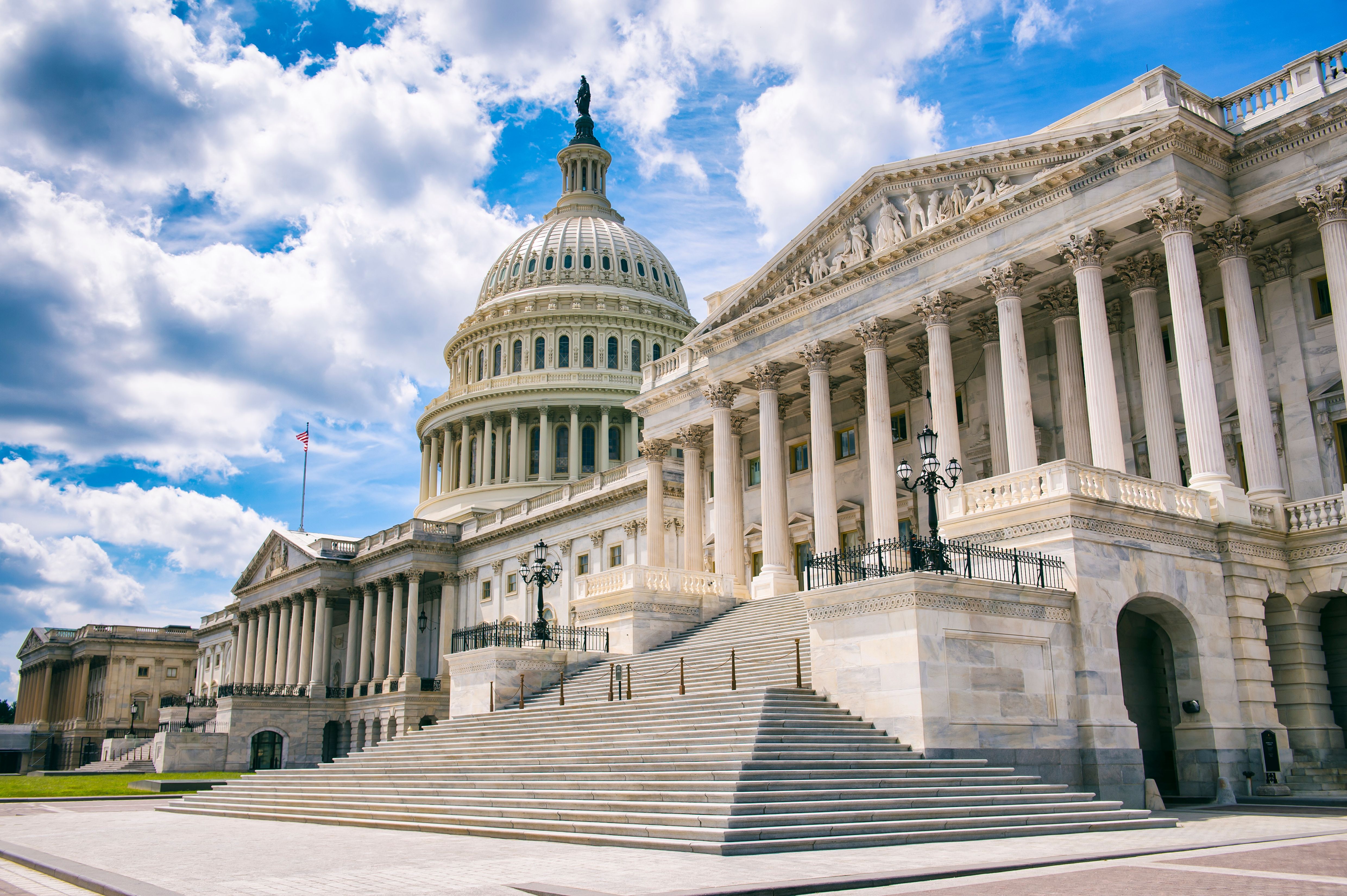- Bone Health
- Immunology
- Hematology
- Respiratory
- Dermatology
- Diabetes
- Gastroenterology
- Neurology
- Oncology
- Ophthalmology
- Rare Disease
- Rheumatology
Senators Reintroduce the Increasing Access to Biosimilars Act
Two senators reintroduce the Increasing Access to Biosimilars Act, a bipartisan bill aimed at boosting competition and encouraging providers to prescribe biosimilars, to Congress.
Senators Michael Bennet (D-Colorado) and John Cornyn (R-Texas) have reintroduced the Increasing Access to Biosimilars Act to Congress.1 The bill’s aim is to boost competition and increase incentives for providers to prescribe biosimilars over their more expensive reference agents.
“The skyrocketing cost of prescription drugs means that many Americans have to choose between life-saving medications and putting food on the table, especially seniors, communities of color, and the millions of people living on fixed incomes,” said Bennet in a statement.2 “This legislation would increase patient access to lower-cost biosimilars, saving them and our health care system money.”
Capitol Building | Image credit: lazyllama - stock.adobe.com

Currently, Medicare Part B providers receive higher reimbursement rates for biologic products, leading to increased out-of-pocket costs for Medicare beneficiaries when biosimilars are prescribed.
Bennet and Cornyn previously introduced this bill in April 2021. A similar House bill (HR 1352) was introduced in March 2023 and was referred to the Committee on Energy and Commerce and the Committee on Ways and Means.
“The Increasing Access to Biosimilars Act would take a critical step toward enhancing patient access to biosimilars through the creation of a voluntary shared savings demonstration program in Medicare Part B,” said Christine Simmon, executive director of the Biosimilars Council, in a 2021 statement about the bill. “The Biosimilars Council thanks Senator Michael Bennet and Senator John Cornyn for introducing this innovative solution to encourage greater biosimilar adoption and use in the US.”
If passed, the HHS Secretary will implement a 3-year demonstration project that will check if offering a special payment can encourage doctors to prescribe more biosimilars for Medicare beneficiaries. Doctors will have a choice of whether to participate, and they would be able to withdraw from the project at any time. The Secretary would also have power to remove a doctor from the project if necessary.
For the doctors who choose to participate, they will receive extra payments for prescribing more biosimilars instead of originators; however, the extra payment won’t increase out-of-pocket costs for patients. After the 3 years, the Secretary will report to Congress about how well the project is functioning. Congress will then have a choice of whether to extend or expand the project.
“Far too many seniors forgo treatment because they can’t afford the high cost of prescription drugs,” said Cornyn. “This legislation would help lower the costs of prescription drugs by expanding access to biosimilars, which offer the same lifesaving benefits without the higher price tag.”
In a joint statement from the Senators, they said that the legislation is supported by the Biosimilars Forum, Association for Accessible Medicines, Viatris, Biosimilars Council, and American Podiatric Medical Association.
“Too often, seniors have been hit the hardest by out-of-control drug costs. It is time to put patients first. This bipartisan legislation would increase patient access to lower-cost biosimilars, encourage competition by promoting the use of biosimilars, and save our nation’s seniors and the health care system billions of dollars…Biosimilars are the answer to skyrocketing prescription drug prices. Biosimilars can save the US health care system up to $133 billion if they are accessible,” commented Julie Reed, executive director of the Biosimilars Forum, in a statement.3
References
1. Increasing Access to Biosimilars Act 2024, 118th Cong (2024). Accessed March 21, 2024. https://www.bennet.senate.gov/public/_cache/files/1/b/1bbfe82f-3e55-4685-8295-165451761187/C1F77F1F5E93A0D4979EC8DC6975BFDF.ril24245.pdf
2. Bennet, Cornyn introduce bill to lower prescription drug costs for seniors. News release. Michael Bennet U.S. Senator for Colorado. March 14, 2024. Accessed March 20, 2024. https://www.bennet.senate.gov/public/index.cfm/press-releases?ContentRecord_id=53FB8A54-E1C2-4CEE-997A-303ABC7B87EA#:~:text=Washington%2C%20D.C.%20%E2%80%94%20U.S.%20Senators%20Michael,out%2Dof%2Dpocket%20costs
3. Biosimilars Forum announces support for Increasing Access to Biosimilars Act. News release. Biosimilars Forum. March 20, 2024. Accessed March 20, 2024. https://biosimilarsforum.org/2024/03/20/biosimilars-forum-announces-support-for-increasing-access-to-biosimilars-act/
Newsletter
Where clinical, regulatory, and economic perspectives converge—sign up for Center for Biosimilars® emails to get expert insights on emerging treatment paradigms, biosimilar policy, and real-world outcomes that shape patient care.
